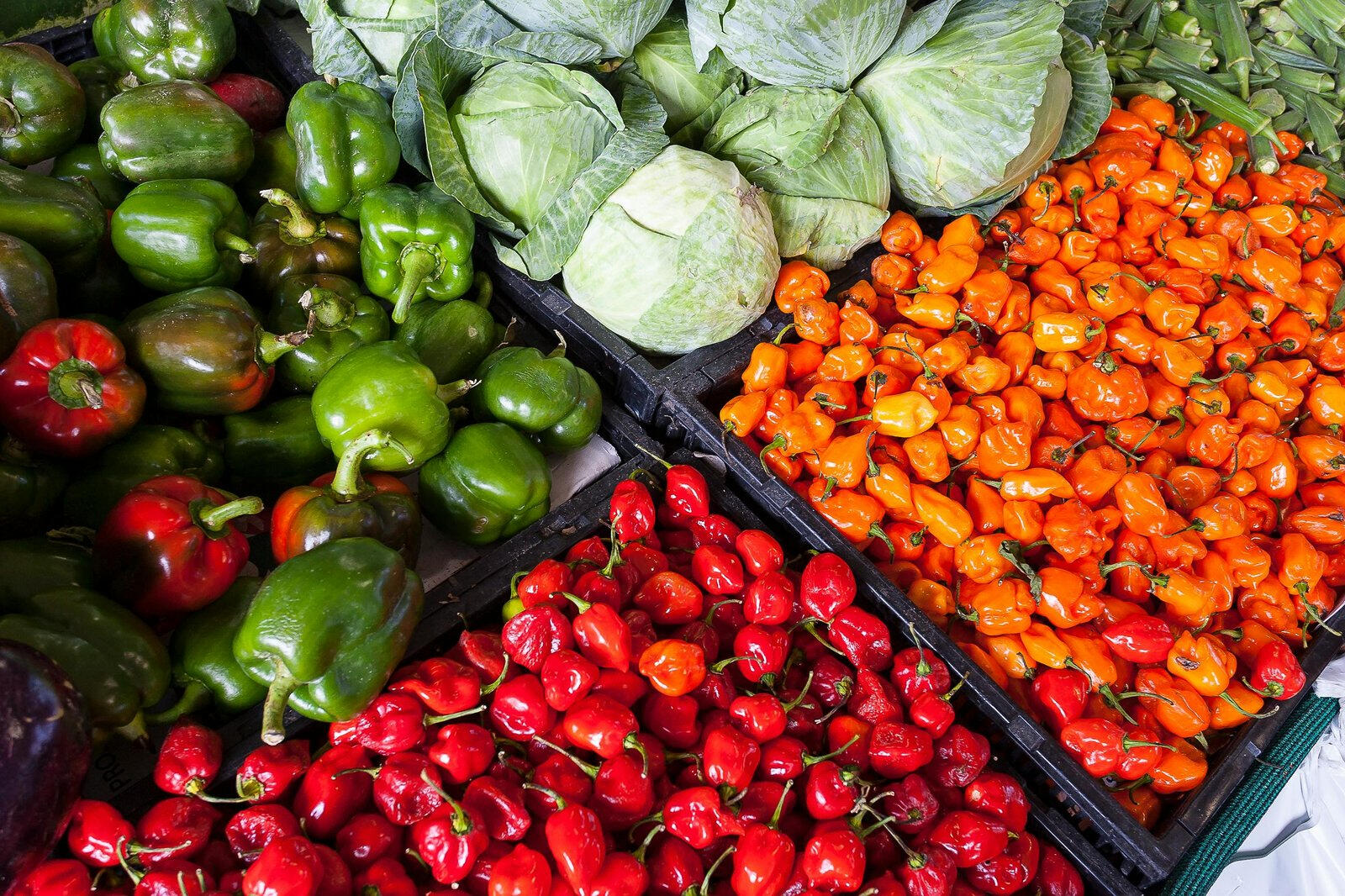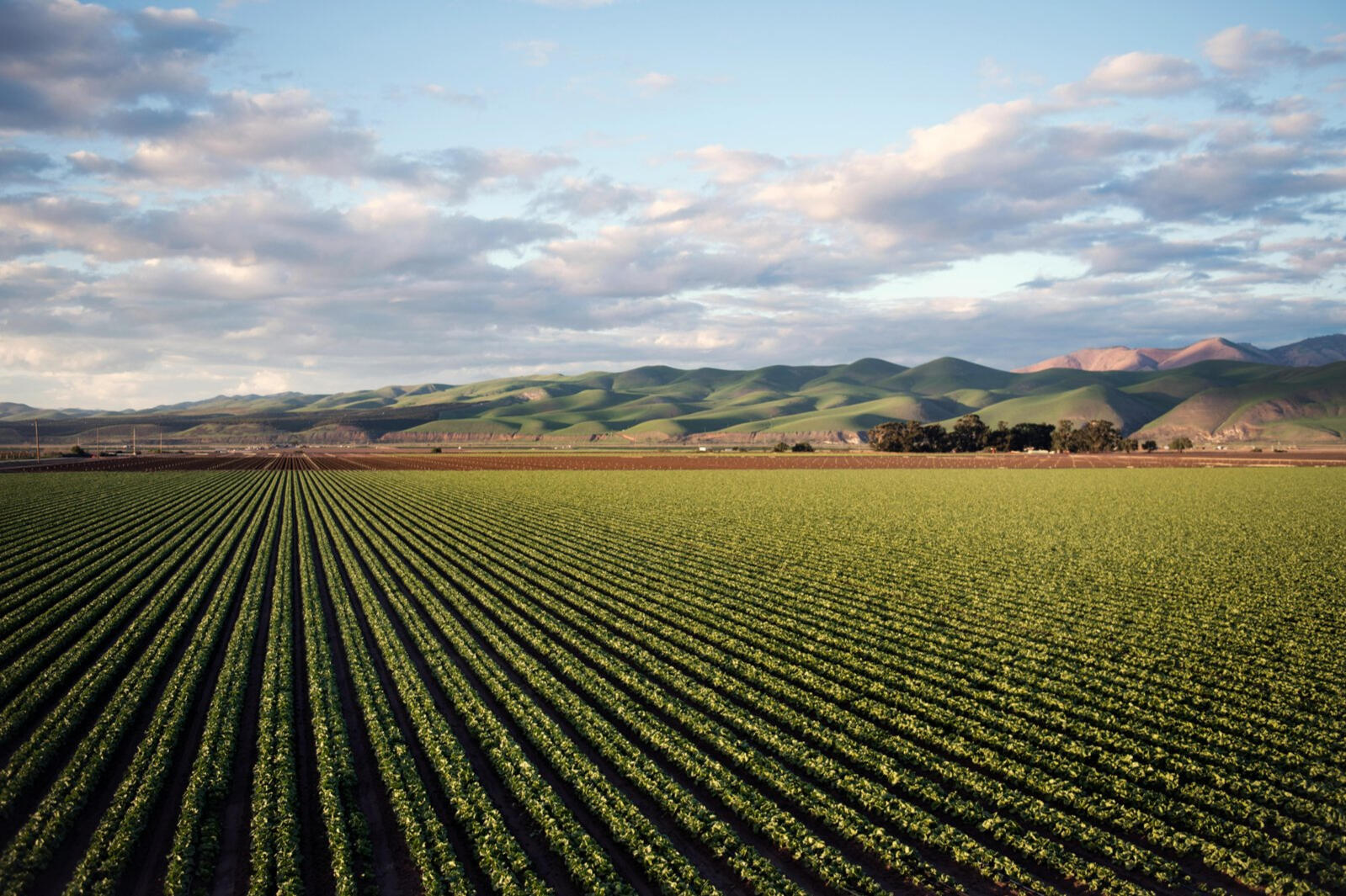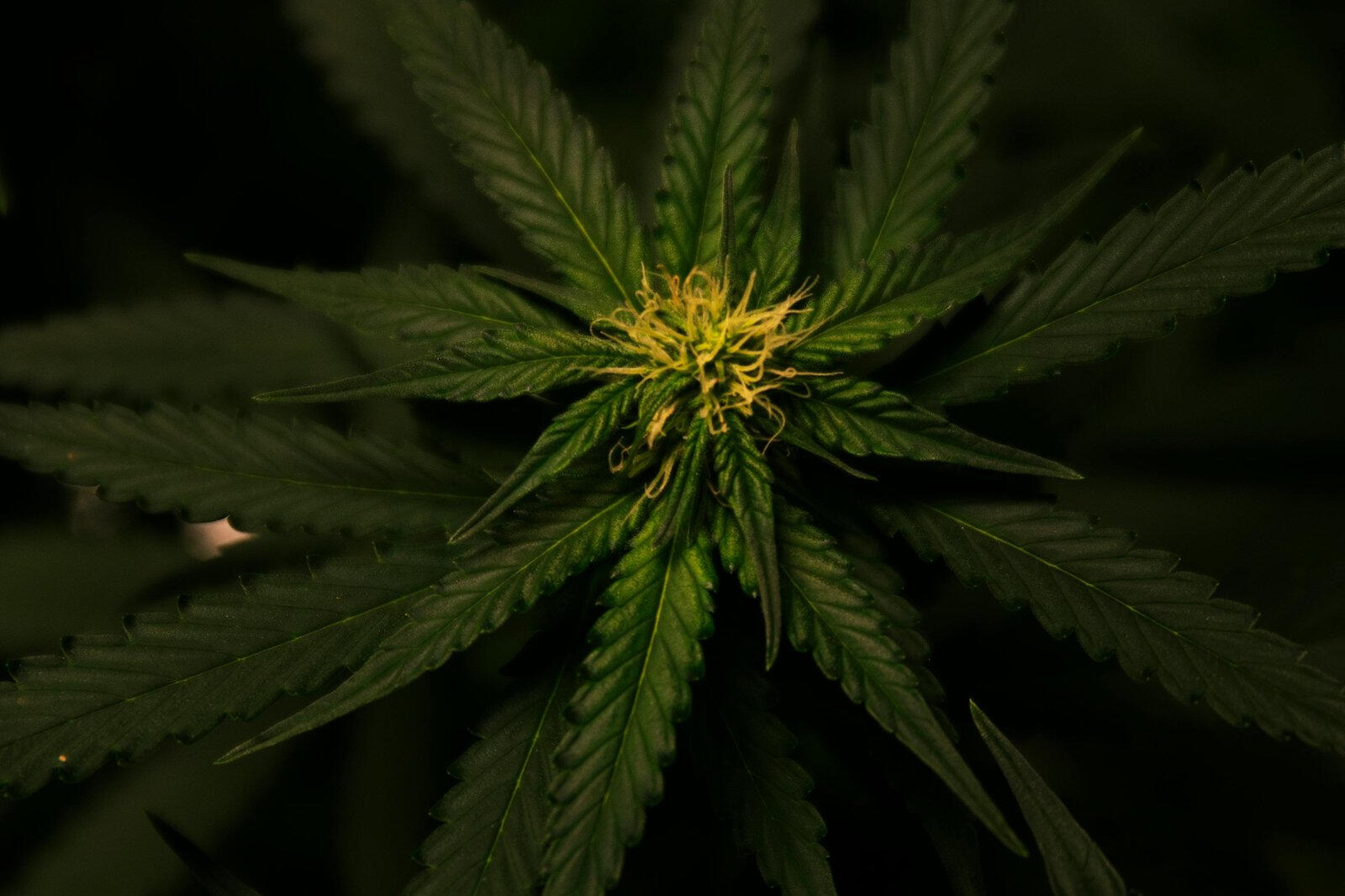
Planting EMbers
Cultivating Resilience through Sustainable Agriculture
MISSION
We advocate for hemp reform, sustainable agriculture, and community resilience by empowering communities through data, training, and public dialogue. From precision agriculture to food security, we connect expertise with those who need it most. We drive sustainable development through education and discussions, focusing on social, political, technological, and economic opportunities.Serving New Mexico directly, sharing insight globally.
About Us
We work to advance sustainable agriculture and community environmental resilience by researching the effects of environmental factors on crop production, advocating for innovative solutions, and educating the public about the importance of sustainable agriculture and environmental resilience. Our aim is to support farmers and communities through research and development in adaptive agricultural techniques that can drive economic and social advancement through a resilient agricultural sector.
While we are only authorized to provide direct services in New Mexico, we produce reports that inform efforts in other states and nations facing drought and desertification risks.


We actively connect skilled professionals with businesses in need to build a robust and equitable agricultural landscape. We empower farmers and manufacturers in vulnerable regions by providing training in precision agriculture solutions like IoT and satellite imagery, meteorology, and sustainable practices. We champion partnerships that support food security through direct community support.
We explore the diverse uses of crops such as hemp and cannabis, while reshaping public perception through educational videos, and informed dialogue at various levels. We convene policymakers, industry leaders, and the public to address pressing challenges like climate change and economic inequality, with the goal of creating sustainable and thriving communities.

Why
1. Climate Change Is Undermining Agricultural Stability
Erratic rainfall, drought, and heatwaves are reducing crop yields and increasing insurance policy costs.
Rural communities lack understanding on how to access climate adaptation tools and resources.
2. Economic Inequality Is Deepening in Agricultural Regions
Smallholder farmers and food producers face market exclusion.
Students and veterans are underutilized in the green economy.
3. Hemp and Cannabis Are Underleveraged for Sustainability
Despite their regenerative properties, hemp faces regulatory and perception barriers.
Innovation in hemp-derived products (e.g., textiles, biodiesel, food) is stunted by lack of research, visibility, and support.
The Gaps in Current Systems
| Gap | Real-World Impact |
|---|---|
| No centralized hub for cross-sector collaboration | Missed opportunities in agricultural innovation, policy reform, and economic opportunities |
| Lack of precision agriculture training in vulnerable regions | Farmers can't adapt quickly to climate risks |
| Veterans and students aren't adequately employed in the green sector | Missed workforce potential and slow economic growth |
| Negative stigma and policy lag around cannabis and hemp | Barriers to establishing industrial hemp as a sustainable cash crop |
| Underutilized use of government tools and resources | Missed opportunities to address community needs |
Services
The services that we provide include
1. Research & Development in Hemp and Agriculture
Offering data-backed solutions for environmental and economic risk assessments.
Positions hemp as a strategic crop in the face of water stress, declining commodity prices, and food system fragility.
2. Precision Agriculture & Climate Training for Underserved Communities
Builds resilience through satellite data informed farming, localized weather insights, and cutting edge technical solutions.
Specifically targets veterans, students, and local governments for training and workforce integration.
3. Bridging Experts with In-Need Businesses
Transforming public perception through videos and data storytelling.
Fostering a participatory approach to agricultural reform at the local, national, and international level.
Partner with us
Policymakers and governmental agencies can use our research briefs to target regions facing unique environmental challenges.
Businesses can collaborate on agricultural tech R&D to trial and pilot new precision agriculture tools in climate-vulnerable regions and participate in educational partnerships to accelerate the commercialization of sustainable agricultural solutions.
Donors can strengthen resilient agriculture practices by sponsoring our efforts to train veterans, students, smallholder farmers, and policymakers on climate‑smart adaptation and assessing soil‑moisture stress.
Contact
You can contact us using the form provided below